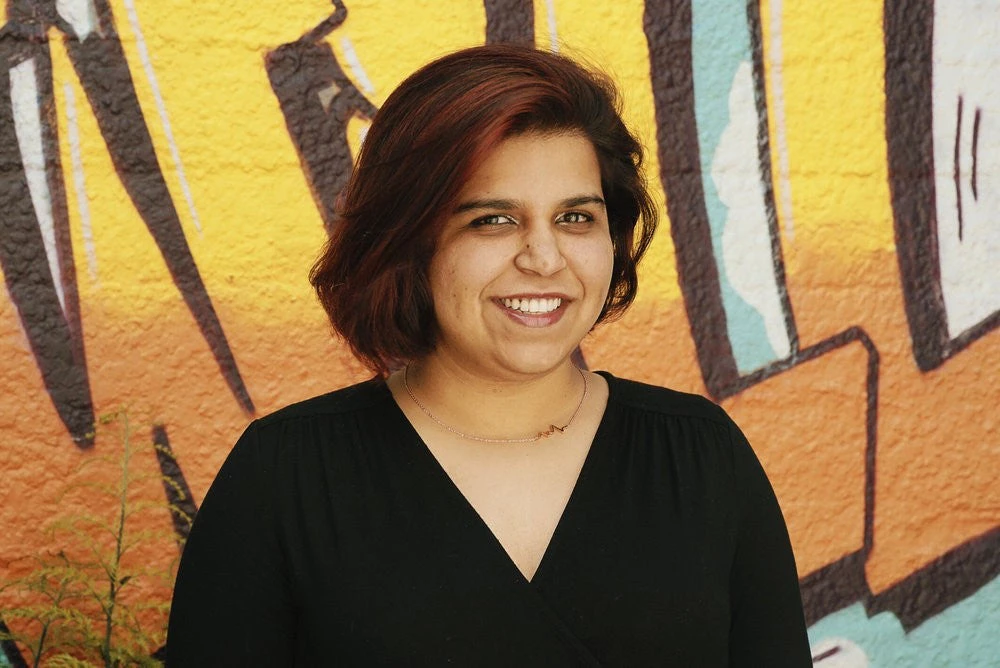
Asra Nadeem (AN) heads up the entrepreneurial programs and partnerships at Draper University, a pre-accelerator for global startups tackling the world’s most intractable problems. She is also a Venture Partner at DraperU Ventures, an early stage venture fund. Apart from designing and delivering programs, she works directly with governments, universities and international incubators to establish local entrepreneurial hubs, investment opportunities and corporate innovation initiatives.
Before working at Draper University, Asra worked on product and market development for startups in the Middle East, North Africa and South-East Asia. She was the first female product manager in Pakistan for Rozee.pk, where she not only worked with the CEO to secure venture funding from DFJ but grew the product and company to 150+ employees. She is a space technology enthusiast who reads avidly about space and the future of humanity.
Tell me a little about what you are working on now? How did you get started?
I currently head the entrepreneurial programs and partnerships at DraperU, a pre-accelerator for global startups tackling the world’s most intractable problems and am also a Venture Partner at DraperU Ventures, an early stage fund.
What do you think is the future for youth in the tech industry?
AN: Our future is what our youth will build using technologies that are available today and those that they will invent. Frontier technologies like blockchain, machine learning, augmented reality and bio tech like CRISPR will fundamentally change the way we live and build societies and our youth will lead the charge on that.
I love working with the youth because they have a refreshing perspective on changing the world and impacting the lives of millions. That’s where tech comes in handy as technology can be a great enabler. The cost of technology has come down significantly, and there are huge opportunities for youth. An area that youth in emerging markets need help with is understanding how to solve problems better. A lot of people are under the assumption that to solve big problems they need a lot of money or that they would not be able to raise money to solve these problems. That is not true at all. It is easier to raise money to solve big problems, than it is to raise money for the next e-commerce or mobile app. That is what I fundamentally want young people to understand and base most of my work around.
What areas of your work are focused on gender equality?
All of it! I am a huge proponent of the fact that we need to highlight more and more high achievers from emerging markets and change the narrative across the board.
I am personally very passionate about gender equality. Women in Pakistan, India or emerging markets, where there are patriarchal systems, get stuck in a victim mentality. Media also tends to highlight women that are victimized and are now doing well. They fail to highlight women who are already doing great work - who are pioneers in their field and don’t associate as victims but are achievers. So, most of my work is helping women understand this and change that mindset of how they look at themselves. How they brand themselves. We have many women from Pakistan and similar countries that have gone through our programs, which is a great sign.
What excites you about DYS? What are your expectations from DYS?
AN: I am excited about the opportunity to give back to a city that is very close to my heart and learn more about how the youth perceives the future of Pakistan so that I can be a better enabler.
What excites me every time I meet youth, is that they do not adhere to borders and have readily available access to information and tools that can help them deliver on their aspirations.There are socio-economic dips or barriers to enter bigger markets but there is nothing stopping them from building investable and scalable companies.
This conversation is just the tip of the iceberg. Come to #DYS18 to learn more about Asra and our exciting line up of speakers.


Join the Conversation